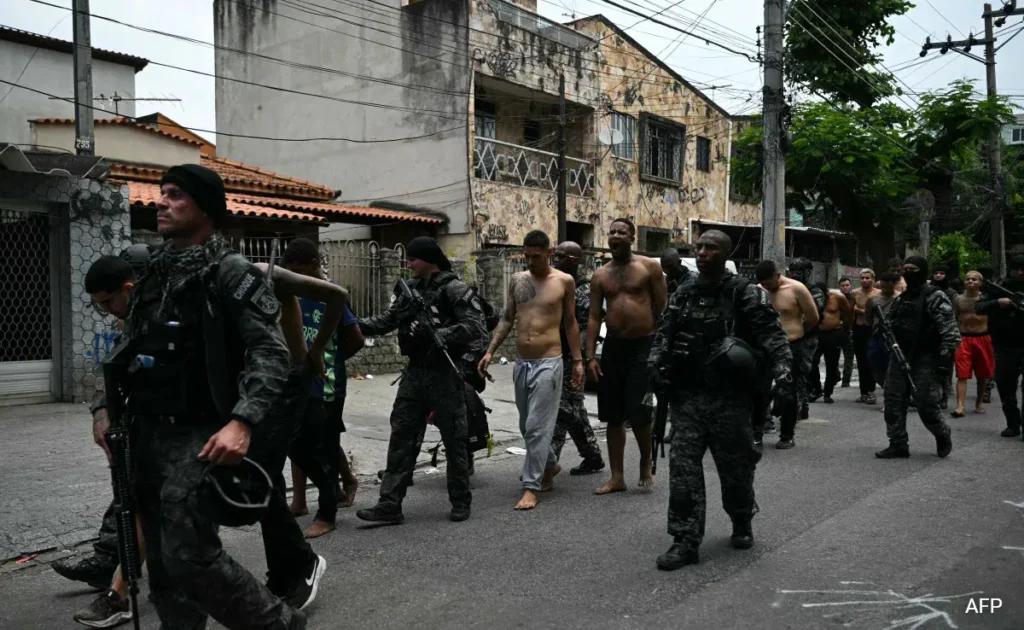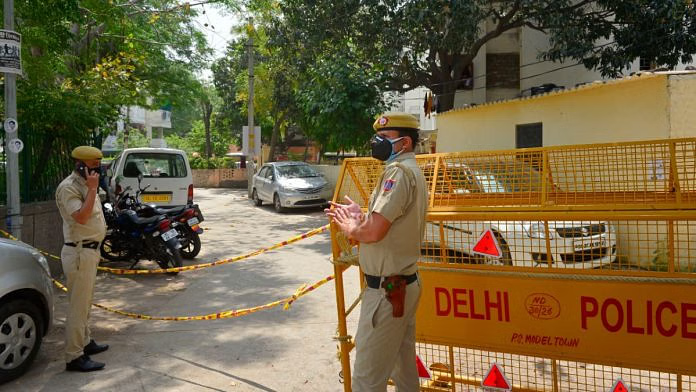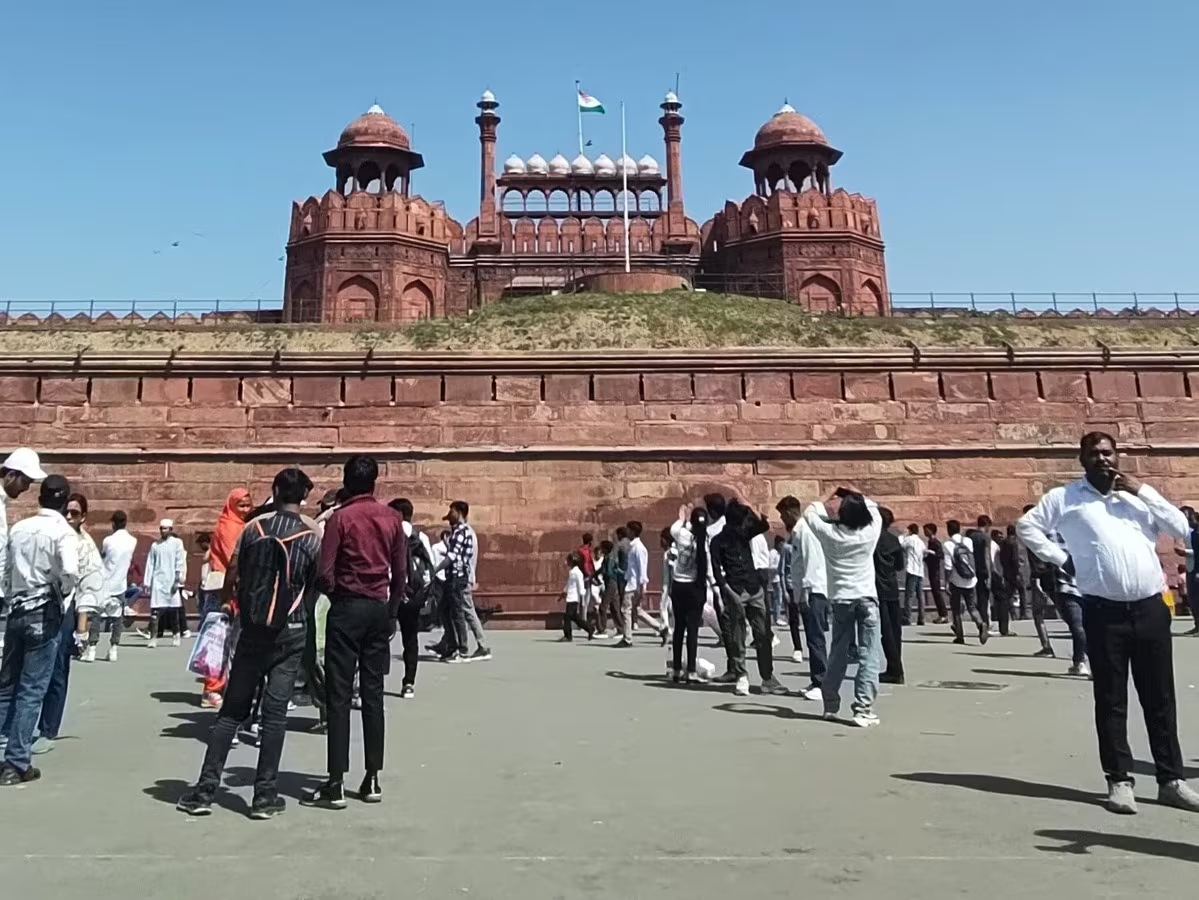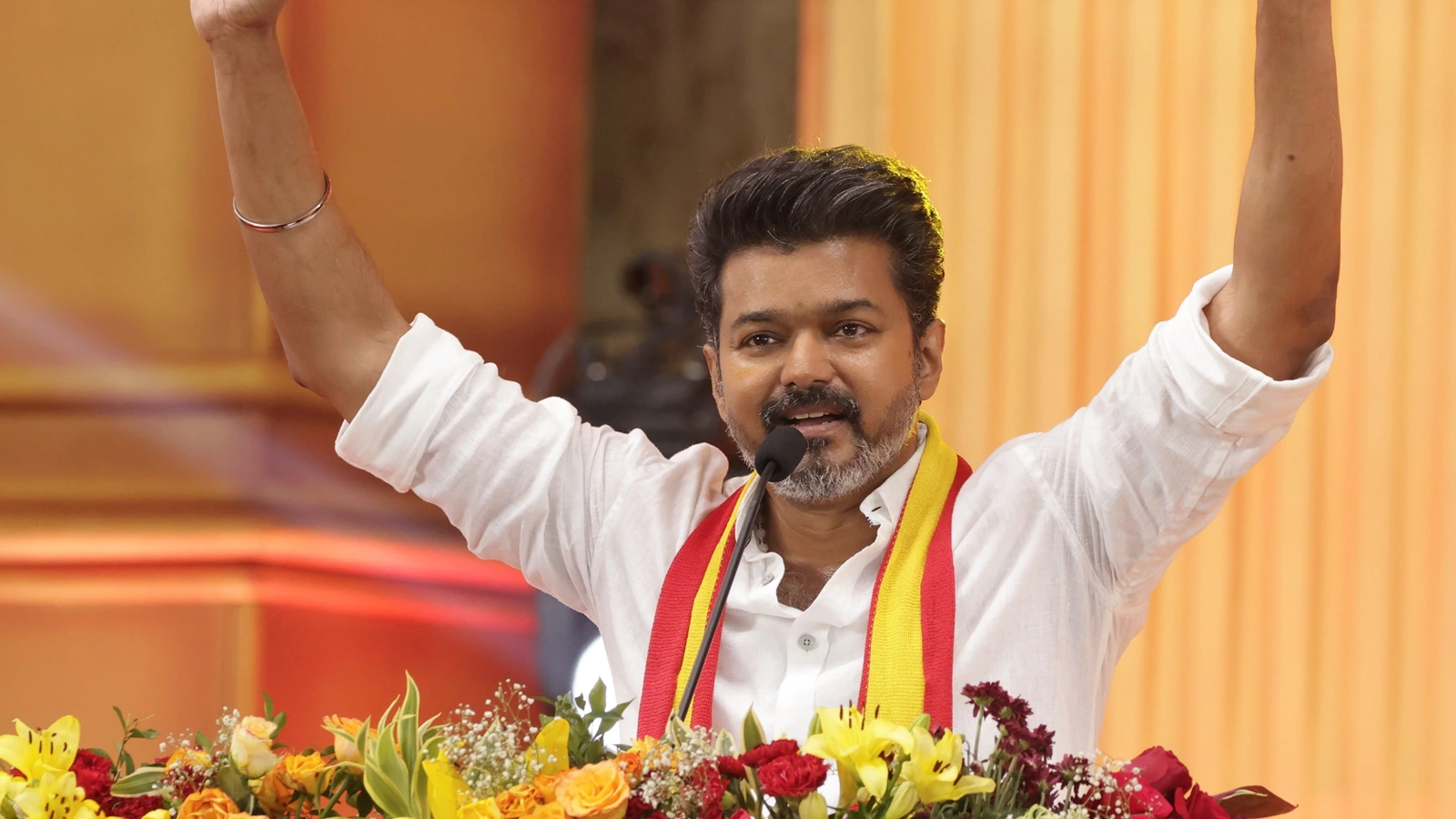Now Reading: Supreme Court Postpones Bail Hearing of Umar Khalid & Sharjeel Imam to September 19
-
01
Supreme Court Postpones Bail Hearing of Umar Khalid & Sharjeel Imam to September 19
Supreme Court Postpones Bail Hearing of Umar Khalid & Sharjeel Imam to September 19
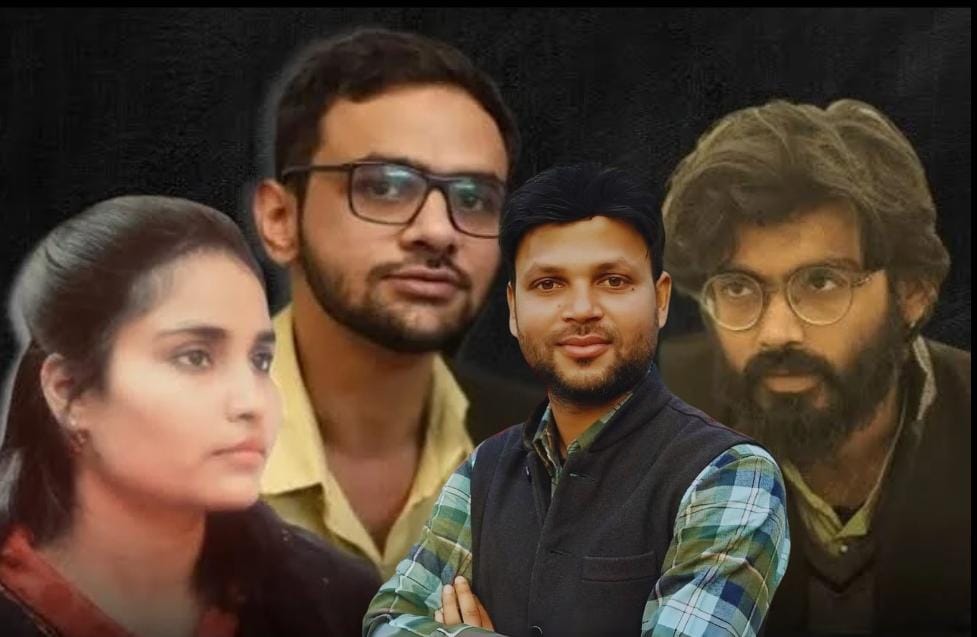
The Supreme Court has deferred the bail plea hearing of activists Umar Khalid, Sharjeel Imam, Gulfisha Fatima and Meeran Haider to September 19. They are challenging a Delhi High Court order that denied bail in the Unlawful Activities (Prevention) Act case linked to the February 2020 northeast Delhi riots. The delay comes as the court says it only recently received case files and needs time to go through them.
What Happened
On September 2, the Delhi High Court rejected bail pleas of nine accused, including Khalid and Imam. The HC claimed the case involves “conspiratorial violence” disguised as protest and held that the accused had roles serious enough to deny bail. The petitioners moved to the Supreme Court soon after, seeking relief.
During the SC proceedings, Justices Aravind Kumar and N V Anjaria said they got relevant documents late at night—at around 2:30 am—and could not thoroughly review them. The bench told senior advocates representing the accused that because of this timing they need to postpone the hearing to ensure fair consideration.
Legal Arguments
The accused argue their prolonged incarceration—more than five years—violates constitutional rights. They contend that trial delays are beyond their control and that pre-trial detention should not become punishment without trial. Their petitions also challenge the High Court’s view that the allegations against them are grave enough to deny bail.
On the other side, the police and prosecution argue the charges under UAPA are serious. They maintain that material presented—such as speeches, pamphlets, suspected communications—is sufficient to show their alleged involvement in planning or instigating riots. The HC had emphasized that public order, national integrity, and peace get priority when determining bail in such cases.
What This Means for Ordinary Citizens
In cities beyond New Delhi—including Tier 2 towns—this case touches on concerns around how laws like UAPA are used, and how long people may stay in detention before trial. For many, prolonged under-trial detention raises questions about legal fairness, ability to defend oneself, and access to justice. The case also highlights the role of higher courts in safeguarding rights when lower courts refuse bail.
Key Issues Ahead
When the hearing resumes, the Supreme Court will likely examine whether the High Court’s rejection was justified under law, whether the rights of the accused have been respected, and whether delays are reasonable. Also under question is how constitutional rights like free speech, liberty, and fair trial are balanced against state concerns about public order and national security.
The deferral of this hearing underscores how legal procedures and timing affect justice. Cases like this show that when documents arrive late or courts need more time, decision-making gets delayed. For many citizens, such delays aren’t just legal technicalities—they affect lives, freedoms, and trust in institutions.








